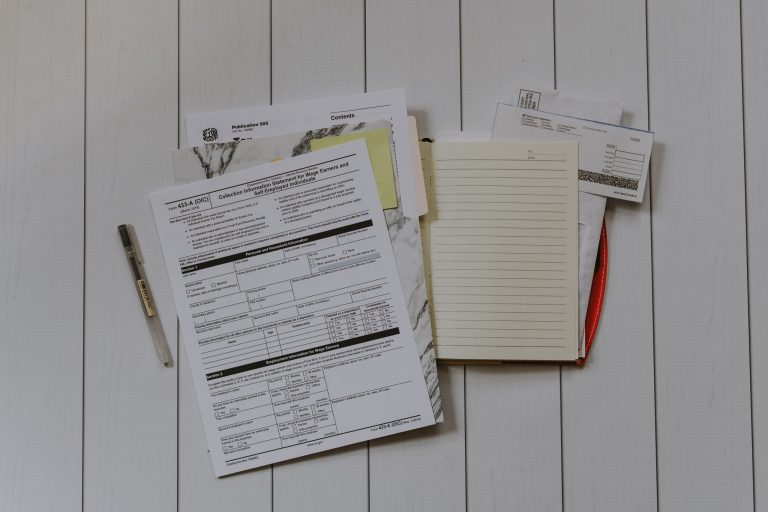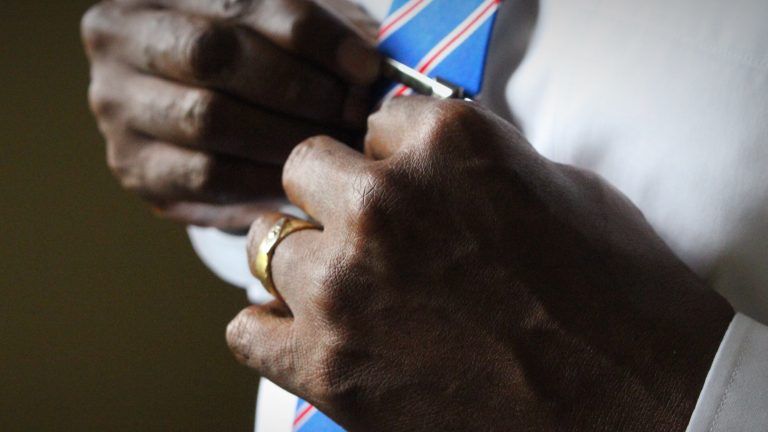The Privy Council on 22nd February 2021 in Byers and Others v Chen Ningning[1], held that a “a director who knows that a fellow director is acting in breach of duty or that an employee is misapplying the assets of the company must take reasonable steps to prevent those activities from occurring.”
The Defendant in this case was the sole director of a company that was facing financial difficulties and was practically insolvent. Notwithstanding the insolvent status of the company, payments were made to a particular creditor, an act which the liquidator considered as an unfair preference to one creditor to the disadvantage of other creditors.
The liquidator, in a bid to swell up the company’s assets, commenced an action against the sole director of the company seeking recovery of the preferential payment it made to the creditor. According to the liquidator, the Defendant was the sole authorised signatory and was the one who ultimately approved payments.
The Defendant denied knowledge of the payments made and argued that some other person made the payment and therefore she cannot be responsible for the conduct of that person. The Privy Council however rejected the Defendant’s argument. In determining the relevant issue for determination, the Board settled on the question of: “whether, by failing to intervene to prevent the payment, the Defendant acted in breach of her fiduciary duties.”
Relying on the general company law principles on the duties and liabilities of directors, the Board noted that the director was in breach of her duties as director. The Board explained that as a director, the Defendant was under an obligation to act honestly and in good faith and in what the director considers to be in the best interest of the company. The Board further reasoned that the Defendant as a director was supposed to exercise his or her powers for a proper purpose.
The Board found the Defendant wanting on all the key indicators. According to Lord Kitchin, “it is not necessary for the purpose of this appeal to explore the boundaries of the fiduciary duty owed by a director of an insolvent company for the Board has no doubt that, in the circumstances, we have described, when making or authorising payments from PFF’s account, Miss Chen had a fiduciary duty to act honestly and in good faith in what she believed to be in the best interest of….an insolvent company.”
The Board was clear in its mind that with the onset of an insolvency, the duty of the directors to act in the best interest of the company meant that the interest of creditors must be duly considered. The Board reiterated that a director’s duty to use her powers for a proper purpose within the context of an insolvency was to act in a way that would further the purpose of the company’s creditors. “Moreover, given Miss Chen’s position… as a de jure director and sole beneficial owner and given further that she was the sole signatory on the account, there can be no doubt that had she intervened, the payments would not have been made”, the Board noted.
Within the context of Ghanaian law, Section 190 (4) of the Companies’ Act 2020 (Act 992) notes that directors in acting in the best interest of the company are required to bear in mind the interest of a number of stakeholders including creditors. This is more so when the company is on the verge of being declared insolvent. As the literature and case law suggest, with the onset of insolvency, the interest of creditors becomes paramount and directors cannot turn a blind eye to that fact. The Corporate Insolvency and Restructuring Act, 2020 (Act 1015) gives the liquidator the power to question any payments made by the company during the twelve months ending with the winding up of the affairs of the company and reverse such transactions.
[1] [2021]UKPC 4




